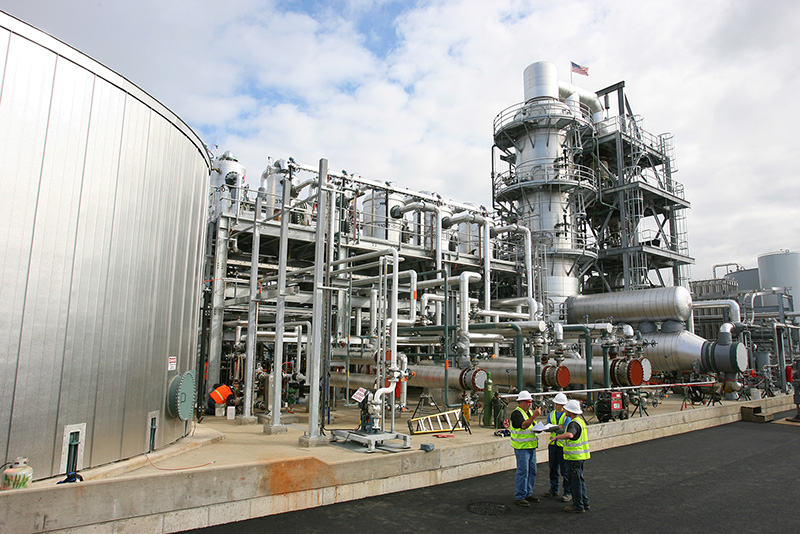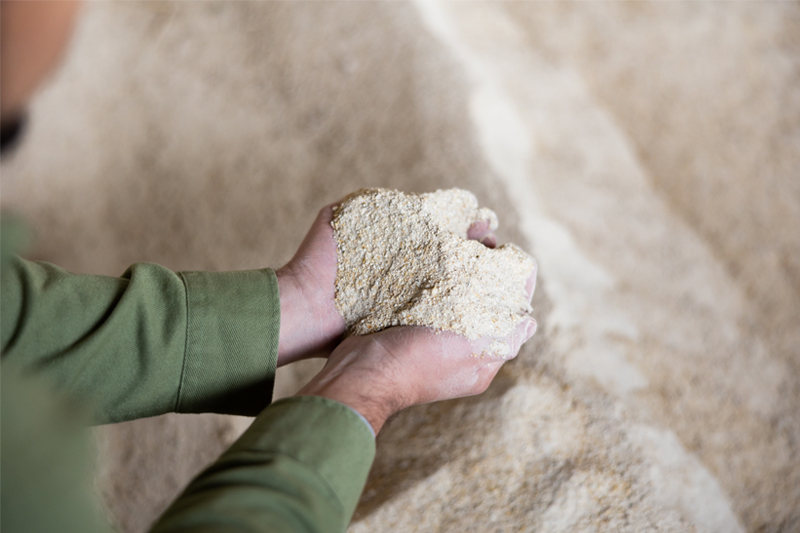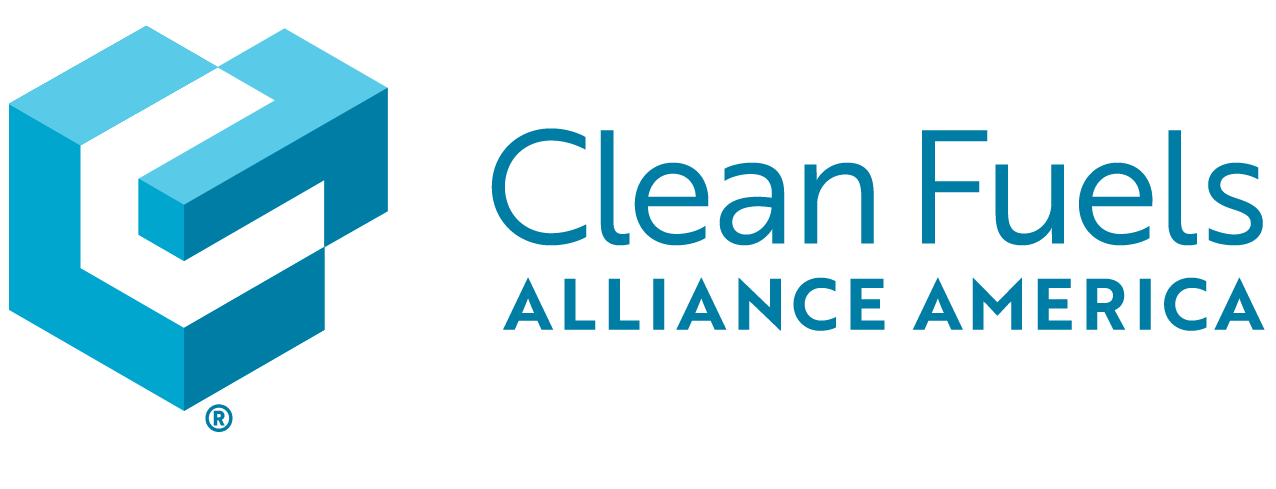Clean Fuels and State Affairs
Enhancing State Policies for a Growing Clean Fuels Market

Low-Carbon Fuel Programs
Biodiesel Blend Standards
Clean Fuels supports requirements for blending biodiesel in transportation or heating to ensure environmental benefits and markets for fuels produced in-state.
Tax Incentives
Low-Carbon Feedstocks
Clean Fuels works to ensure that animal fats and oilseed crops are recognized as low-carbon feedstocks.

- Nebraska
- Texas
Infograph: Among U.S. states, Texas
ranks second in both biodiesel and renewable diesel production. - Washington
Infograph: Washington’s Clean Fuel Standard (CFS) requires fuel suppliers to reduce the carbon intensity of transportation fuels
to 20% below 2017 levels by 2038. - California
Infograph: Biomass-based diesel's share
of California's diesel fuel market reached 45.5% in 2022 - Connecticut
Infograph: Connecticut's heating oil
must contain a growing percentage of
biodiesel -- reaching 50% in 2035. - Illinois
Infograph: Illinois is a top producer and consumer of biodiesel and a top grower of soybeans.
- Indiana
Infograph: According to a recent study, a tax incentive for biodiesel blends could increase Indiana’s
use of homegrown biodiesel by 5.6 million gallons per year. - Iowa
Infograph: Iowa biodiesel production
increased to 349 million gallons
in 2022. - Louisiana
Infograph: Soybeans were Louisiana's top crop in 2022.
- Massachusetts
Infograph: By 2023, Massachusetts will
implement a long-term declining
emissions cap on heating fuels. - Michigan
Infograph: A statewide renewable fuel standard would drastically increase Michigan’s potential demand for biodiesel blends and eventually reduce greenhouse gas (GHG) emissions by more than 1.4 million metric tons per year.
- Minnesota
Infograph: Minnesota was the first state to require biodiesel use. It is a top producer of biodiesel and grower of soybeans.
- Missouri
Infograph: Missouri’s 247 million gallon/year capacity represents roughly 10 percent of total U.S. biodiesel production capacity.
- New York
Infograph: New York State requires
increasing biodiesel blends in home heating oil: 20% by July 2030. - Ohio
Infograph: Ohio is among the top 10 states in soybean production and biodiesel use.
- Oregon
Infograph: In 2022, biodiesel and renewable diesel met 14.3% of Oregon's diesel fuel demand.
- Rhode Island
Infograph: Rhode Island requires blends of 5% biodiesel or renewable diesel in all heating oil for residential, commercial, or industrial uses. The requirement increases to 50% in 2030.
March 6, 2024
Washington Clean Fuel Standard Achieves Impressive First Quarter Results
October 4, 2023
Nebraska Governor Signs Bill Promoting Use of Biodiesel
June 8, 2023
Clean Fuels Highlights Biodiesel and Renewable Diesel Role in California’s GHG Drop
October 31, 2022
Clean Fuels Welcomes New Missouri Biodiesel Tax Incentive
October 5, 2022
Clean Fuels Industry Urges New York Department of Environmental Conservation to Continue Progress on Decarbonization with Bioheat® Fuel
August 9, 2022
Iowa Governor Signs Landmark Biofuels Legislation into Law
May 17, 2022
Illinois Governor Signs Biodiesel Use Bill Into Law
April 19, 2022
Updated Bioheat® Fuel Mandates Demonstrate Decarbornization Value of Biodiesel
July 14, 2021
Clean Fuels’ state regulatory team, stationed in Jefferson City, Missouri, Sacramento and Boston, works diligently to inform members on pending state legislation, regulatory proceedings and other efforts.
Meet the Clean Fuels state regulatory team.east
For more information about Clean Fuels advocacy in your state, please contact one of our state affairs representatives:
Floyd Vergara, Director of State Governmental Affairs
(916) 760-8870
Stephen Dodge, Director of State Regulatory Affairs
(978) 267-3020
Jeff Earl, Director of State Regulatory Affairs
(800) 841-5849
